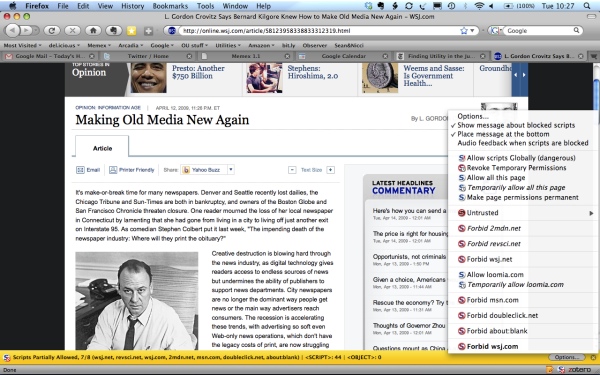We hear financial analysts talk about the economy in billions of euro, and in concepts such as GNP per capita. But for many of us, it may be difficult to appreciate these numbers and concepts. So let me try a different approach.
Let us take the Macroeconomic and Fiscal Framework 2009-2013 published on the web site of the Department of Finance. I also assume that our population is approximately 4.2 million.
Last Tuesday, our Government said it will collect this full year, on average, €8,200 of tax for every single woman, man and child in the State. However, some of this comes in the form of corporation tax from companies – €900 for each of us.
The difference – €7,300 – is on average each citizen’s burden of taxes. The €7,300 figure consists of €3,000 of income tax; €2,700 of VAT; and the remaining €1,600 in further taxes such as excise, stamp duty and so.
How, then, is our money to be used? The Budget showed for each person in Ireland, our Government will spend €11,000 on “current” recurring activities (such as, in particular, civil service salaries and social welfare). It also showed a further €2,600 for each one of us on “capital” items (such as roads and buildings). The total spend by our Government for 2009 for each citizen in the State will be €13,600.
Note that €13,600 is ahead, by a considerable margin, of the tax which the Government expects to collect from us. The difference will be borrowed from overseas investors, and we will have to pay this loan back – along with the rest of the money we already owe in the national debt – through further taxes in the future. At the end of 2008, the net debt position of our Government was about 22 per cent of GDP, that is, about €9,000 for each one of us. Since then about a further €11 billion has been raised, which brings the total to about €11,600 per capita. These figures do not include the investment that our Government is intending to make into our new National Asset Management Agency. For every billion euro that the agency spends in the future, a further €240 has to be found for each one of us.
Repaying our national debt to foreign investors is dead money: it is money that will be lost from our society and which could otherwise have been used to help build a better Ireland.
How is each of our €13,600 going to be spent across the Civil Service? There is a full department-by-department breakdown in the document I mentioned above and, from this, the per capita expenditures can be derived.
Some €5,100 for every person in the country will be spent by the Department of Social and Family Affairs, which of course includes all social welfare benefits to those challenged in our society. Another €3,600 will be spent by the Department of Health and Children (including the Health Service Executive). Then there is €2,300 that will go to our schools and third-level institutions via the Department of Education and Science. The Garda will get €360 for each person in the State, and the Defence Forces will receive €190 on behalf of each one of us. The Department of Enterprise, Trade and Employment (which includes the IDA, Enterprise Ireland, and Science Foundation Ireland) gets €350.
Thanks to Karlin Lillington for the original link.


